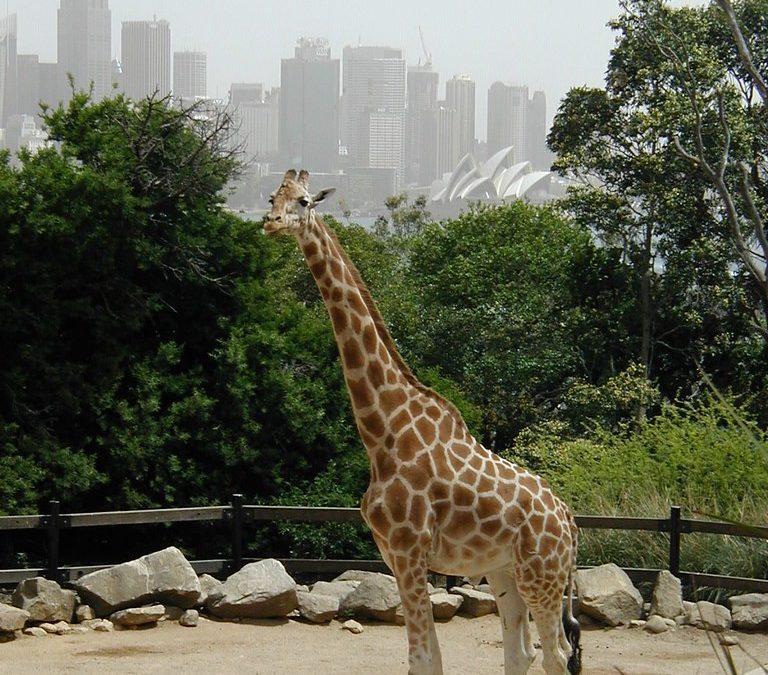The Australian government has announced wildlife parks, animal sanctuaries, zoos, and aquariums that are struggling with running costs during the coronavirus shutdown will have access to a $95 million support package.
Attractions, including, Taronga Zoo and Sydney Wildlife Park, have had to close their doors to the public due to coronavirus pandemic and subsequent isolation policies. The zoos have lost revenue generated by admission fees, and food drink and retail sales, but they still need to buy food to feed animals.
Miss going to the zoo or aquarium? Find out how the animals can come to you! #uowcreative
Keeper Dan Brings The Zoo To You https://t.co/al0ePfEUlR— Tasmyn Haynes (@HaynesTasmyn) April 29, 2020
The industry described the government support package as a “game-changer”.
“Zoos and aquariums cannot use a hibernation approach when the high costs of maintaining animal care and welfare are impossible to put on hold,” a Taronga Zoo spokesperson said
The funding is being provided to cover expenses, such as food, veterinary bills, electricity, water and enclosure maintenance.
“In a zoo, a single lion can eat $265 of meat each week; feed and habitat maintenance costs $400 a week per koala; hay for elephants can be up to $2,000 per week and the ice production for penguins costs $90,000 per year,” Zoo Aquarium Association executive director Nicola Craddock said.
Trade and Tourism Minister Simon Birmingham said about 100 facilities across Australia would be eligible to apply to receive a share of the payment and, once social distancing restrictions are lifted, zoos and aquariums would play a crucial role in stimulating and rebuilding the country’s economy and tourism industry.
“We know our world-class zoos and aquariums are major tourism drawcards for many [of] our major cities and regional centres across Australia, with over 20 million visitors walking through the gates each year,” he said.
“They bring thousands of visitors into communities who then spend millions of dollars visiting other attractions, sleeping in our hotels, and dining in our restaurants.”
Zoos around the world are also facing harsh realities. Germany is demonstrating the devastating circumstances of keeping their zoos open. Neumünster Zoo, in the country’s north, has conceded that some animals may soon be fed to others.

